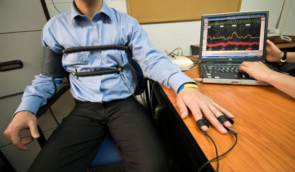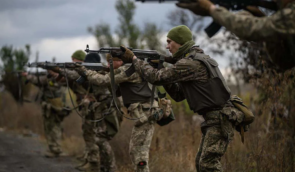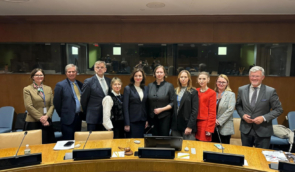ZMINA informed UNESCO about the situation with freedom of speech in the temporarily occupied Crimea
Today, on June 3, the Mission of the President of Ukraine in the Autonomous Republic of Crimea held a meeting with the Crimean Platform Expert Network at the initiative of the UNESCO Office in Ukraine, which was joined by a representative of ZMINA. The participants discussed the problems of the temporarily occupied Crimea in the cultural and humanitarian context. A similar meeting of the Crimean Platform Expert Network was held last year.
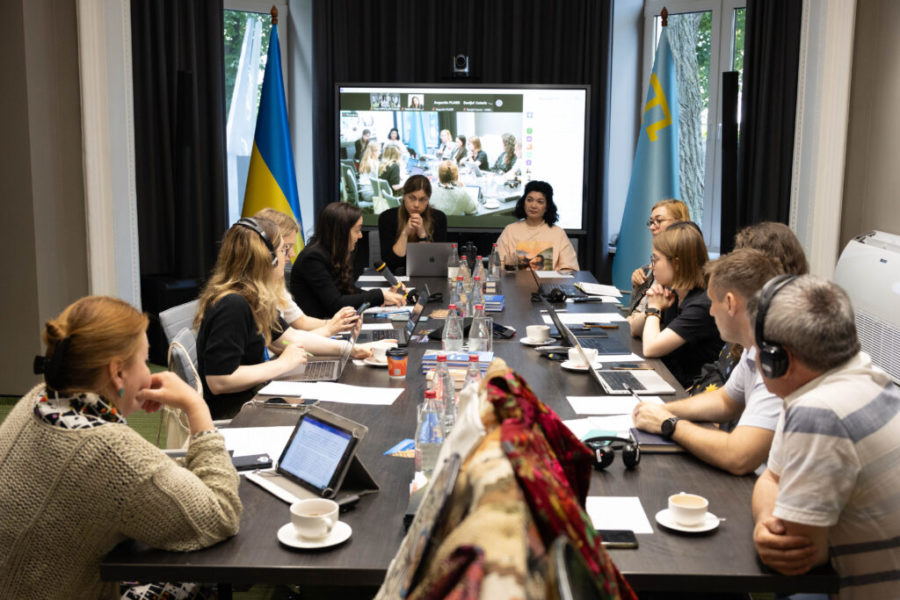
Experts presented reports on the situation in the temporarily occupied Crimea and the damage the occupiers are doing to the cultural heritage and ecology of the peninsula. They also spoke about the infringement of freedom of speech and the rights of indigenous peoples, including the use of the Crimean Tatar language, as well as problematic issues of education.
Viktoria Nesterenko, a project manager of Human Rights Centre ZMINA, noted that the situation with freedom of speech on the peninsula is deteriorating: “Every year, the number of cases of persecution of civil society and illegal imprisonment of journalists increases. Of course, Russia cannot officially ban the work of journalists at the state level, but the occupation authorities are constantly using various methods of pressure on freedom of speech, in particular by implementing changes to Russian legislation, especially after the start of the full-scale invasion”.
According to the speaker, these changes relate to administrative and criminal liability for the so-called spread of fakes and discrediting the Russian army, which has significantly increased pressure on freedom of speech in relation to pro-Ukrainian citizens who express their views and condemn the war against Ukraine.
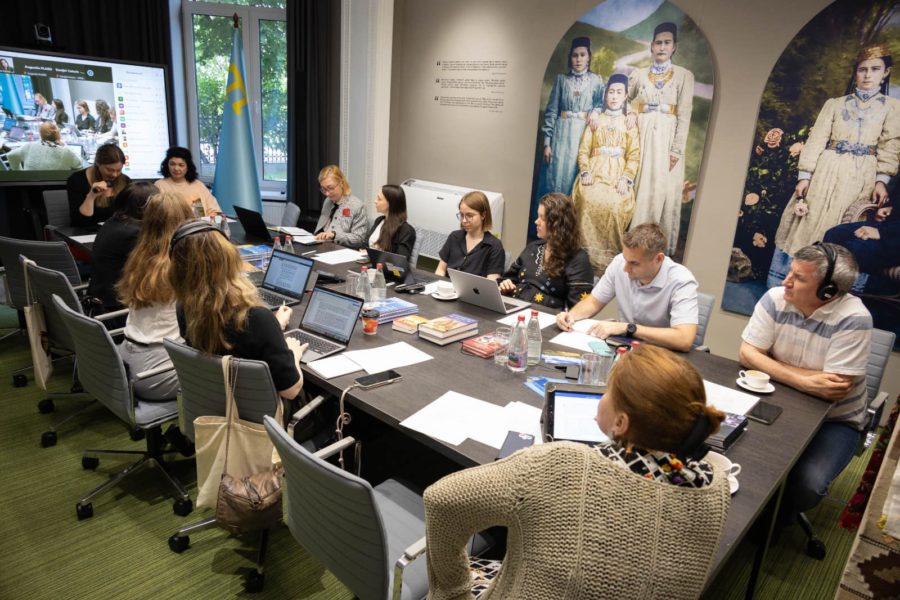
Since the beginning of this year, ZMINA experts have already recorded more than 30 cases of violations against media professionals and citizen journalists in Crimea. In particular, journalists of the Crimean Solidarity initiative, the QIRIM newspaper, the Nenkecan publication, and the Crimean Process.
Viktoria Nesterenko adds that the most common ways of attacking the media are searches without a court order and with a corresponding petition, detention and imprisonment in a pre-trial detention centre, interrogations, inspection and seizure of electronic equipment, fines for administrative offences, and criminal prosecution of journalists.
“That is why most journalists in Crimea continue to work anonymously to avoid persecution. The second type of attacks on journalists is non-physical threats in cyberspace, including illegal obstruction of journalistic activities, denial of access to information, when, for example, journalists are not allowed to attend court hearings. Another form of pressure on the media, citizen journalists and bloggers is the restriction of advertising on their resources, including websites, which has led some media outlets to cease operations”, the human rights defender said.
The Head of the UNESCO Office in Ukraine Chiara Dezzi Bardeschi noted that UNESCO annually prepares a report on the threats from the occupation to the cultural heritage of Crimea.
“That is why such advisory meetings to prepare the report are extremely important for us”, she added.
Photos in the material: Mission of the President of Ukraine in the Autonomous Republic of Crimea
If you have found a spelling error, please, notify us by selecting that text and pressing Ctrl+Enter.



